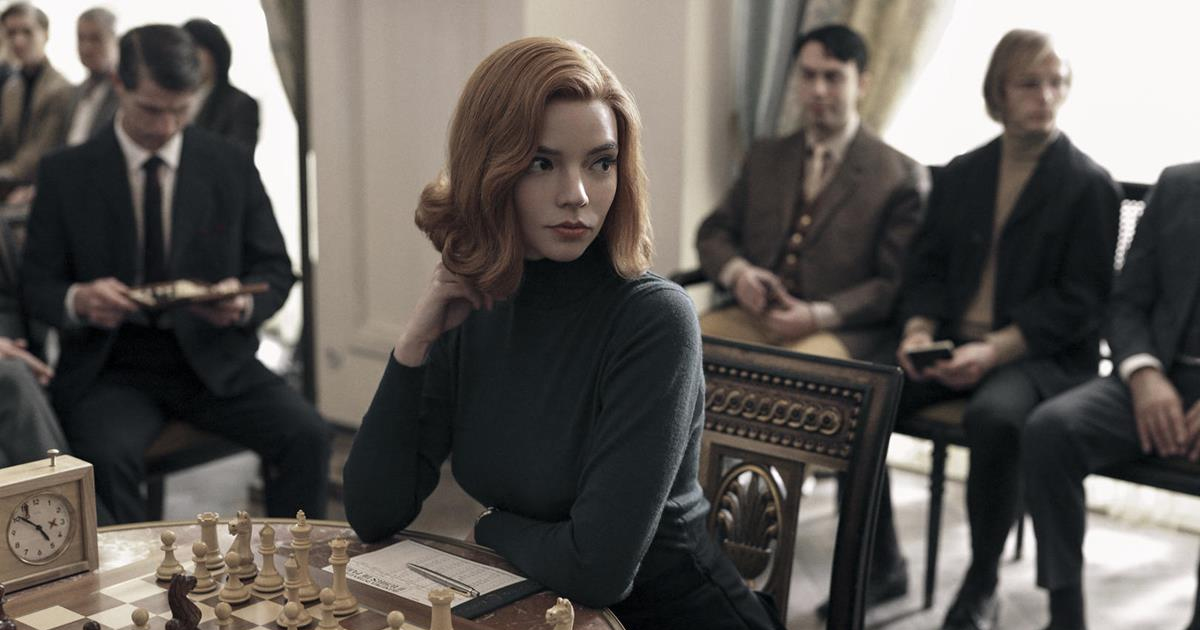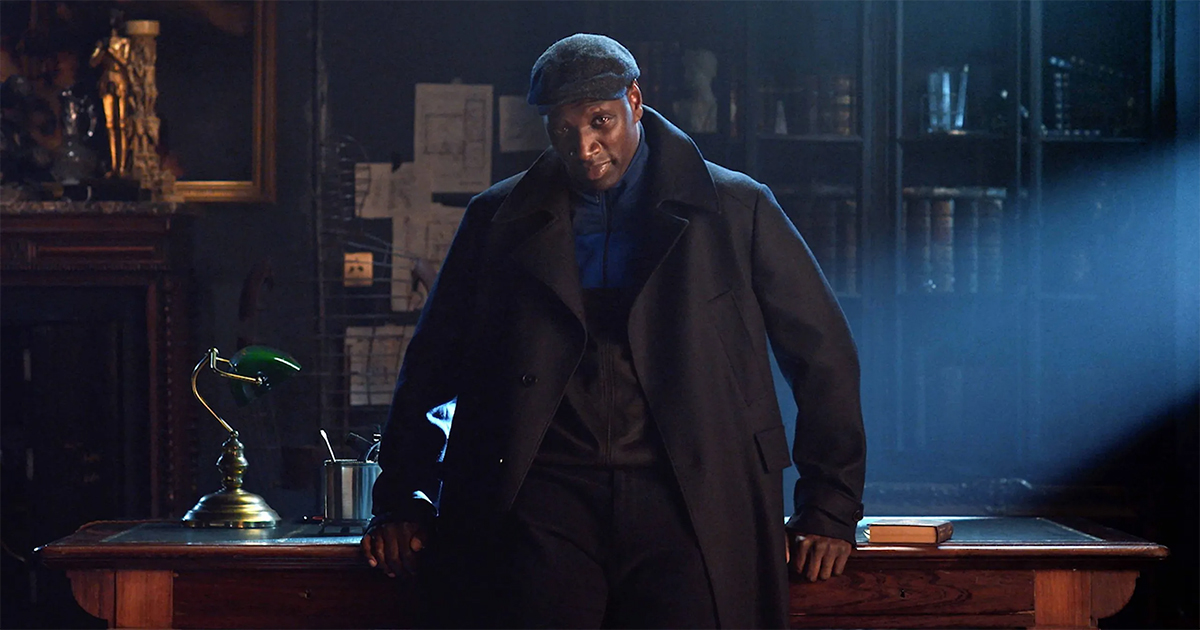
Spoiler alert: Not exactly. But it’s not making it worse, either?
The plots and premises of “complex TV” are structured primarily around characters and their development: Viewers want to identify with, relate to, and follow characters. Given that, the adaptation economy may well be one of the driving forces behind the proliferation of what literary critics call “multiprotagonist fiction,” books with not a single protagonist (an Emma Woodhouse or Hercule Poirot, say) but a collection of main characters whose stories intertwine in surprising ways over the course of a single narrative. These become shows led by ensemble casts, a collection of actors who can carry multiple episodes and (perhaps) seasons.
Source: The Atlantic
AT A GLANCE:
In an article titled, “The Rise of Must-Read TV,” The Atlantic’s Alexander Manshel, Laura B. McGrath, and J. D. Porter explore the impact streaming services and binge-worthy television have had on the publishing industry. They note that character development — spread across multiple protagonists — and an emphasis on worldbuilding are the hallmarks of successful prestige TV à la Game of Thrones, or The Queen’s Gambit (both which originated as novels).
It’s also noteworthy that television adaptations are driving sales and readership of novels; rather than TV development simply pulling from the existing best sellers’ lists, a streaming deal can make readers think more highly of a novel as well (completing the “you scratch my back, I’ll scratch yours” cycle quite nicely).
For those skeptical that the potential of a TV deal might influence whether the next great novel is published: Be aware that “literary gatekeepers” keep a keen eye on the dollars resulting from these changing trends. Ultimately, the rise of “must-read TV” is probably a positive development that will keep the novel relevant at least as long as Hulu or HBO Max.
Get the full scoop via The Atlantic.



